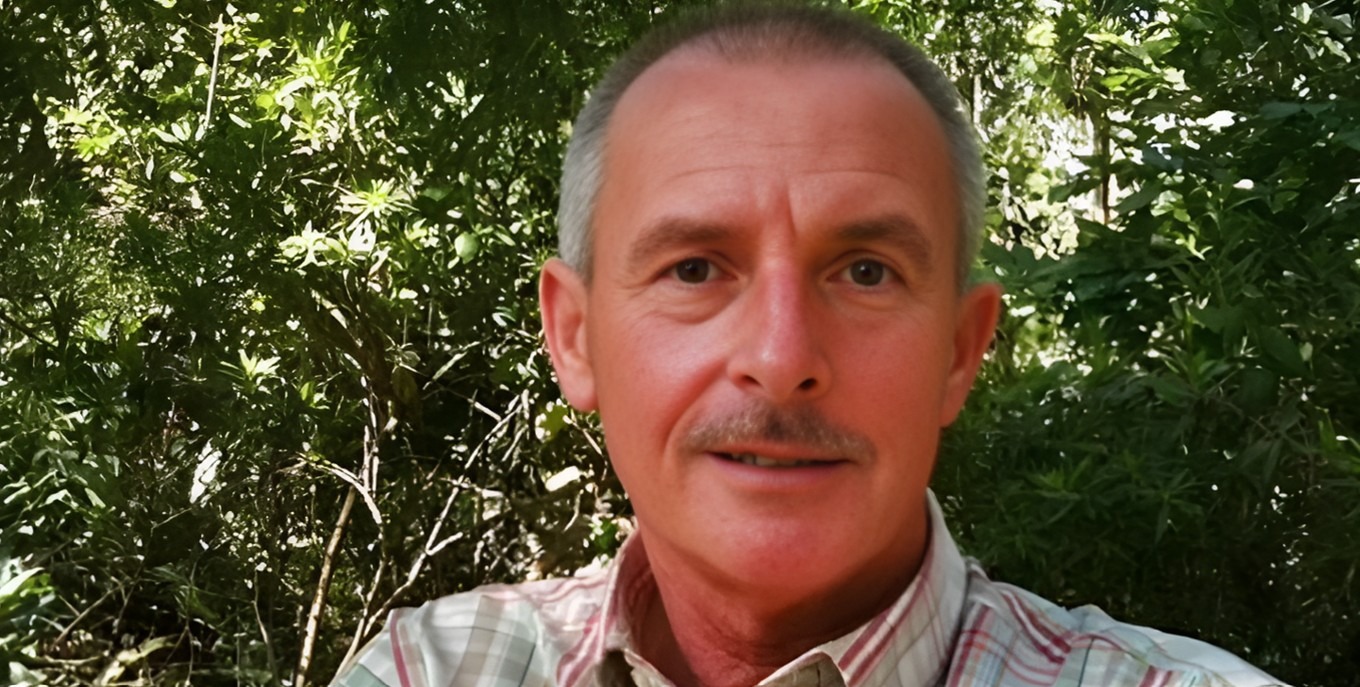The decades-long mystery surrounding the death of British property tycoon Harry Roy Veevers in Kenya remains unresolved after a magistrate concluded an 11-year inquest, ruling that the cause of death could not be determined due to the advanced decomposition of his body. Veevers, a wealthy 64-year-old businessman with extensive property holdings in Mombasa, died on Valentine’s Day in 2013. What followed was not only a protracted legal drama but also a bitter family feud that split his children and widow into opposing camps, dragging through courts for more than a decade.
Senior Resident Magistrate David Odhiambo, in his detailed 95-page ruling, acknowledged the complexity of the case that has captivated Kenyan and international audiences. He stated that the body, exhumed nearly a year after burial, was too decomposed for a clear medical conclusion. As a result, despite years of hearings, conflicting forensic evidence, and bitter accusations, the official cause of death remains unknown.
From the outset, the circumstances surrounding Veevers’ passing raised suspicions. His second wife, Azra Parvin Din, with whom he had lived in Kenya for over 30 years, organized a swift Islamic burial just days after his death. His sons from his first marriage, Richard and Philip, objected, insisting that their father was not Muslim and alleging that he had been poisoned so that his second family could inherit his multimillion-dollar property empire. They accused Ms. Parvin Din and her daughters, Hellen and Alexandra, of foul play—accusations the women have strongly denied.
The dispute escalated when Veevers’ sons sought a court order to exhume the body for an autopsy. Although the order was granted in April 2013, bureaucratic delays and alleged frustrations by the opposing side meant the exhumation only took place in January 2014. By then, the body had deteriorated significantly, complicating forensic analysis.
Conflicting medical reports added to the uncertainty. One pathologist claimed traces of a toxic pesticide, cyhalothrin, were found in the remains and surrounding soil, suggesting poisoning. However, the credibility of the samples was questioned since they arrived in the UK four months late and not in their original containers. Two other pathologists found no evidence of poison, leaving the magistrate to conclude that the scientific findings were inconclusive.
The inquest itself became a theater of family conflict. At various hearings, the Veevers’ daughters clashed openly with their half-brothers. At one point, they were reprimanded for shouting at a witness, and on another occasion, Hellen appeared outside court wearing a vest-top on which she had written: “My daddy was not murdered.” The magistrate noted that instead of grief uniting the family, the death “tore them apart” and unleashed a bitter inheritance battle that still lingers today.
Veevers’ burial further fueled the rift. His sons insisted he should be reburied in the UK, honoring his Christian background and citizenship. His widow and daughters, however, maintained that he had converted to Islam and should rest in Kenya, where he had built his life and fortune. With no will to clarify his wishes, the court found itself unable to decide on a final resting place, leaving his remains in limbo.
Magistrate Odhiambo, who described the case as “nerve-racking” and “convoluted,” said there were no sufficient grounds to charge anyone with responsibility for the death. He also emphasized that early missteps such as the failure of the attending doctor to insist on a post-mortem and the lack of immediate police involvement, had contributed to the uncertainty. While the court ordered the body to be released to the family for reburial, it stopped short of deciding whether the burial should take place in Kenya or the UK, leaving that decision to another forum.
More than 11 years after his death, Harry Roy Veevers still has not been laid to rest. The unresolved questions surrounding his sudden demise, the bitter inheritance disputes, and the absence of a will mean that his family’s legal battles are far from over. What was meant to be a final chapter in a long and painful saga has instead left the tycoon’s legacy entangled in mistrust, unanswered questions, and an enduring mystery over what truly caused his death in Mombasa.













Leave a comment